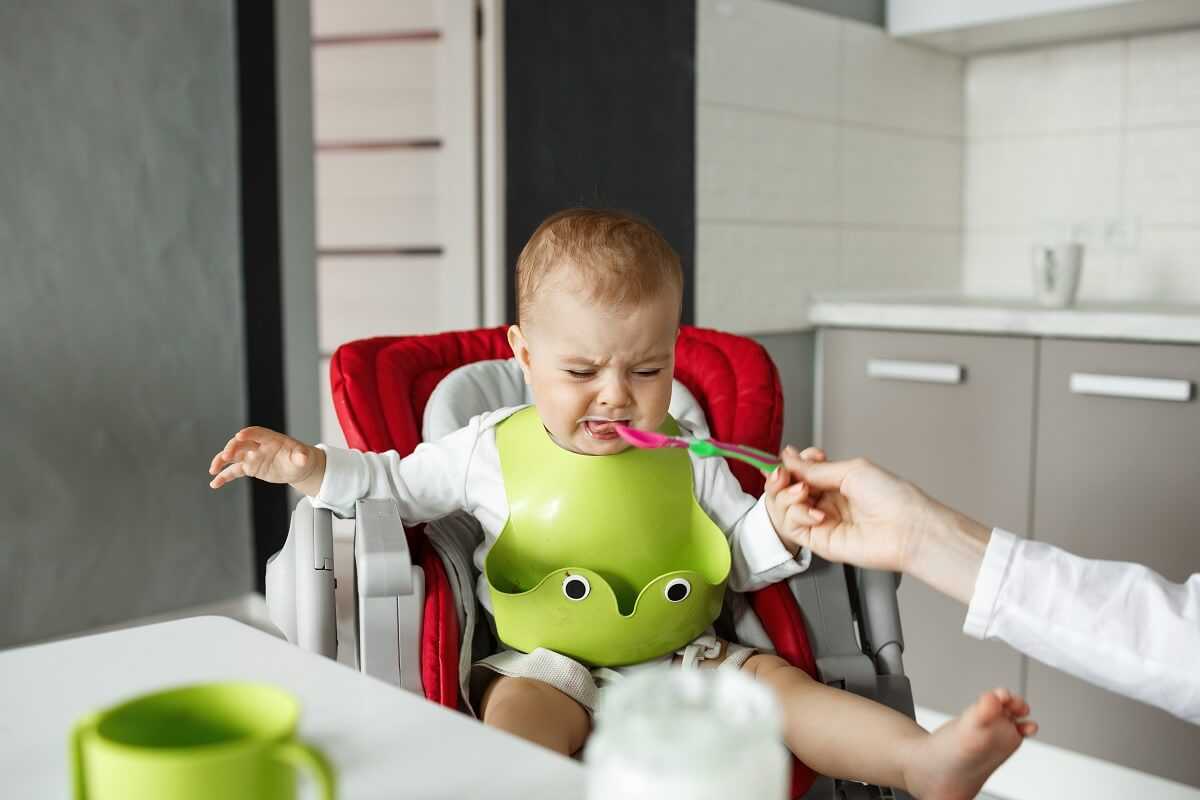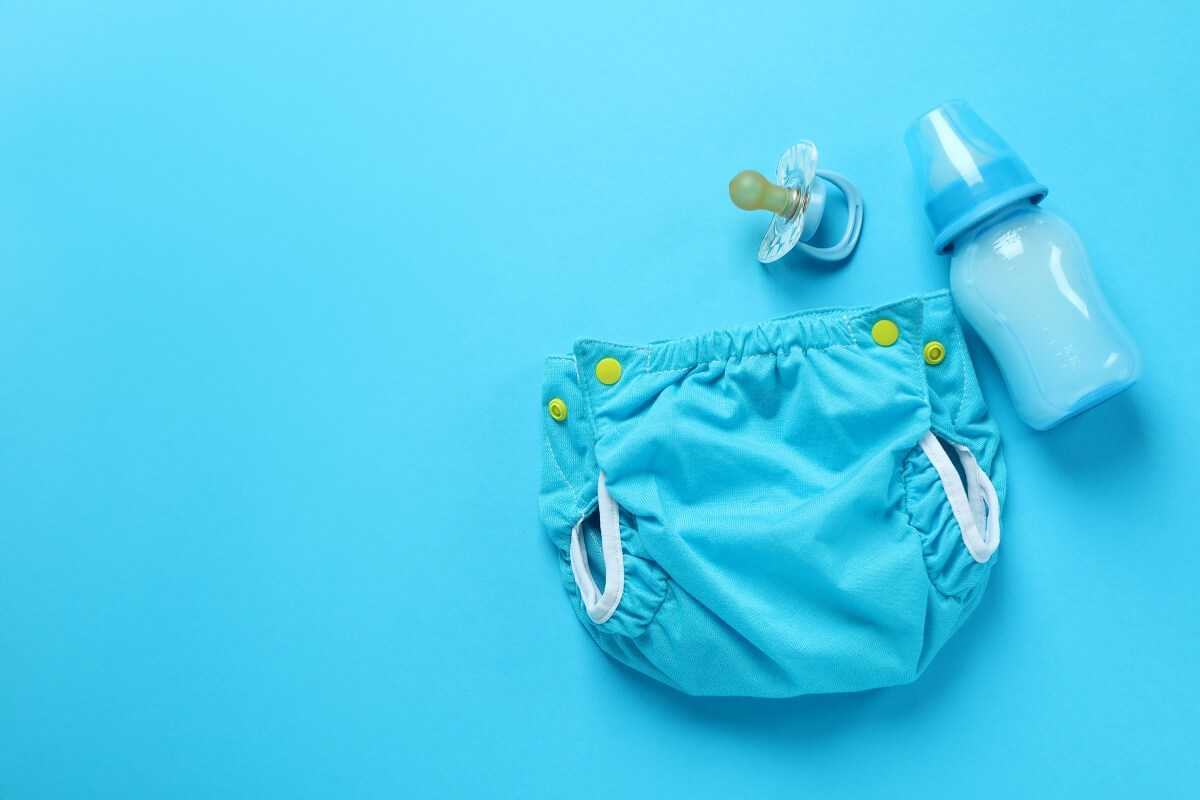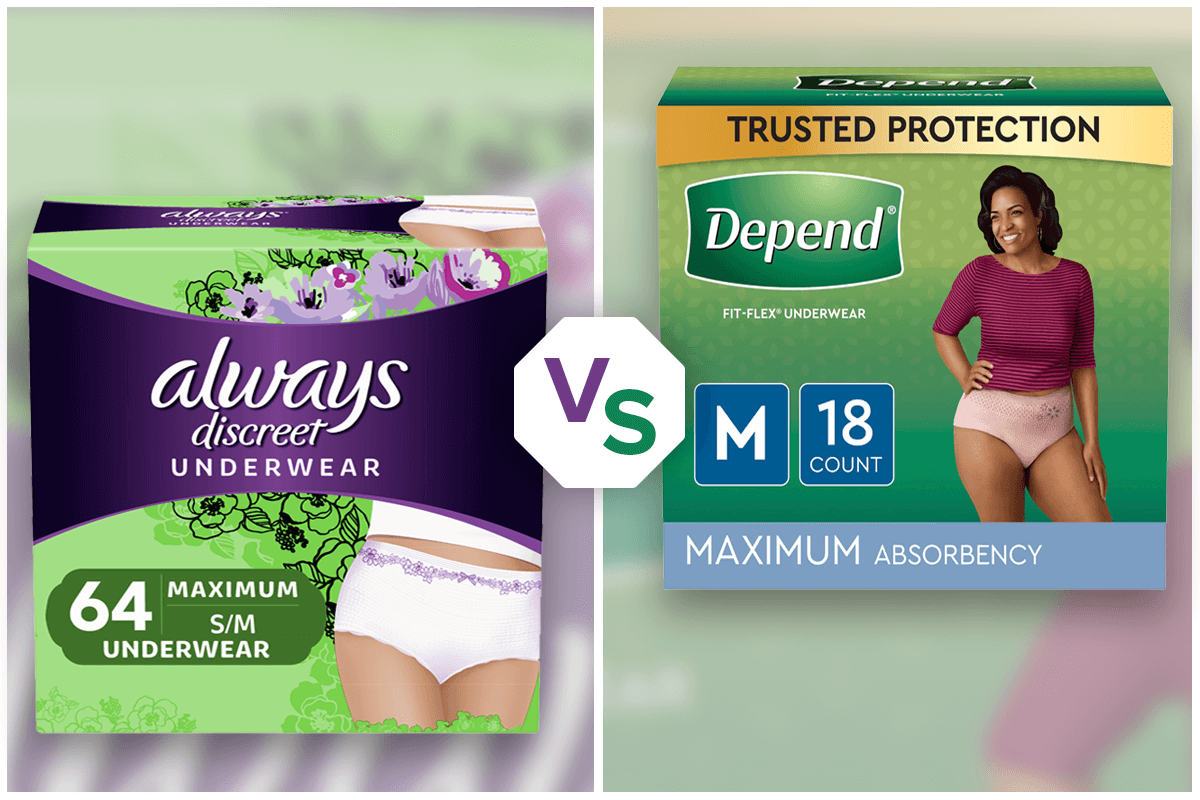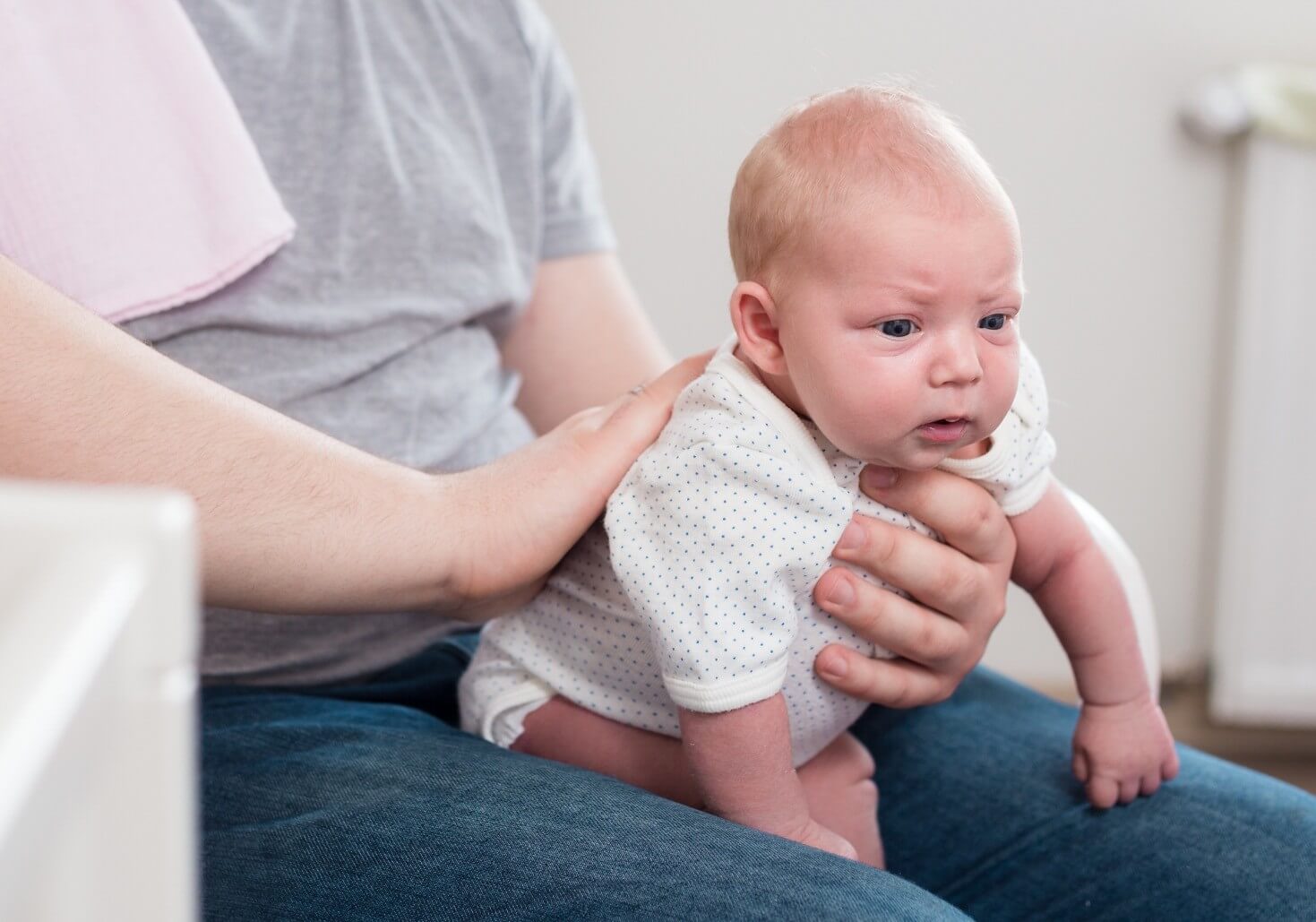Can I Eat Scallops While Pregnant?
Choose the right type of fresh sea food and cook it properly before consuming.
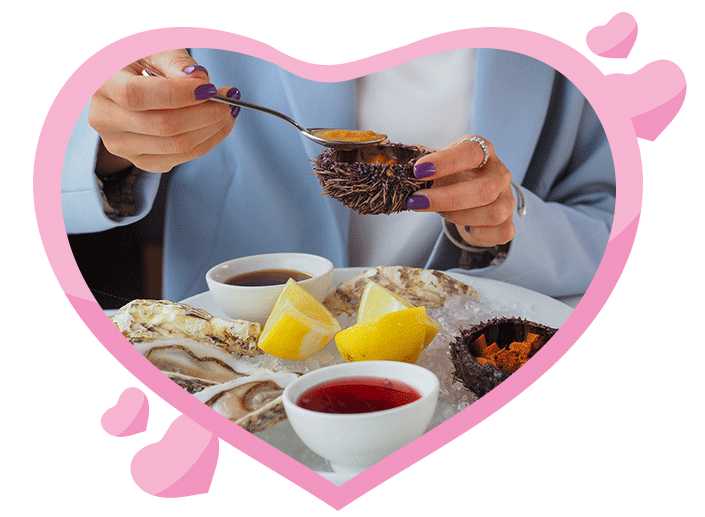
Can I Eat Scallops While Pregnant?
We are all familiar with the general term “eating for two” and this is somewhat between true and false depending on a couple of other factors. The first is not to double your daily calorie intake; the second is a gentle reminder that whatever you’re putting in your body will directly or indirectly affect your baby.
That is why doctors are particular about mentioning that you should eat carefully and selectively as if you put in the wrong food, it might be harmful to your baby. So checking the substances of the food you intake is very necessary for your baby’s development as well as maximizing the nutritional benefits for both mother and child.
You might be curious whether scallops fall under the no-no section of your diet during pregnancy. Now, scallops can be beneficial but not in the way you usually eat them.
When Can you Eat Scallops During Pregnancy?
During pregnancy, experts always advise would-be-mothers to include seafood in their balanced healthy diet. The Food and Drug Administration and Dietary Guidelines of Americans 2020 – 2025 have declared that per week you can consume 8 to 12 ounces of seafood but the fish or shellfish you choose has to be low in mercury.
If you’re making a list of good choices in fish then feel free to add scallops to the list along with herring, shrimp, salmon, and clams. All of these fish are low in mercury and since mercury can harm the development of your growing child, it’s best to avoid fish or any food high in mercury.
Typically, larger fish such as swordfish, king mackerel, tilefish, shark, and many others contain a greater amount of mercury. You can have scallops but you also have to cook them the right way. Then only, you can get all the protein and nutrients from the scallops without harming your developing baby.
If you are cooking at home or you have control over the cooking process then you need to make sure that the scallops have reached 145 degrees Fahrenheit or 63 degrees celsius internally before you consume them. You have probably not eaten scallops in this way beforehand.
Why Can’t You Eat Scallops During Pregnancy?
If you don’t know how the chef has prepared the scallops, this happens especially when you’re out to eat and you see a menu full of tempting scallop dishes but since you don’t know how exactly the chef is cooking them it’s better to not eat them while you’re expecting.
For example, pan-seared scallops are a big no-no because chefs cook them this way to preserve their tenderness so they cook the scallop in extremely high heat but the amount of time cooking them is very short. That short amount of time will not do much to the insides of the scallop and you’ll get on your plate mostly raw fish.
Now, as mentioned earlier, raw seafood is extremely bad for pregnant women because there will be traces of toxins as well as bacteria which can potentially be harmful to your baby and can make you very sick as well. You also need to avoid scallops that are from water sources known to have contaminated water in them.
Cook Scallops At Home Safely
Remember that the day you buy the scallops, do not refrigerate them or keep them for another day, it’s best to cook them within 24 hours of buying them from the market. You should not put them in the water when you store them in the fridge either.
When preparing the scallops, the first step is to clean the fish very thoroughly and then rinse the fish with cold water. After that, you can pat dry the scallops.
When you’re pregnant, you have to cook the scallops thoroughly and if you have been eating scallops for a long time then you’d know that when you don’t cook them properly, the texture of the fish becomes very rubbery. This is why you need to be a bit creative with your scallop recipe.
Since pan-searing is out of the question, you can either grill the scallops or bale them all the while making sure that you are cooking them thoroughly.
However, if you are having an irresistible craving for pan-seared scallops then you can cook the scallops at home following the pan-searing recipe but leave the scallops in the pan for longer. 2 minutes of each side getting pan-seared is a must. But I should warn you that you might end up overcooking them which ruins the texture of the scallops making them tough to eat.
Symptoms of Ingesting Unsafe Scallops
If by any chance you have consumed scallops you shouldn’t have your body might be quick to react. If you find tingling in your tongue, mouth, or lips after consuming the food, do not overlook the symptom as it can be an allergic reaction. Other symptoms that’ll occur cause of an allergic reaction are:-
- Coughing
- Itchiness on the skin
- Runny nose
- Hives
- Nausea
You need to notify your doctor immediately if you experience any of these symptoms. You can also experience these if you consume undercooked food or scallops that weren’t safely cooked.
Stomach cramps, nausea, vomiting diarrhoea are all part of such symptoms of bacterial infection, food poisoning or even parasitic infection. Bottom line is that you need to contact your doctor without wasting another second if you find yourself showing the above-mentioned symptoms.
Conclusion
If you love to eat seafood then you have to tinker with your meal plans just a bit. Fish, as we all know, have Omega 3 fatty acids alongside other nutrients and are a great source of protein. Omega 3 fatty acids are healthy fats that nourish your body and your brain. Your baby’s brain will benefit greatly as well from these fats.
However, there are some fish that you need to avoid while you’re pregnant. It’s best for you to avoid sushi (most of them are not good for your baby) as most sushi is made with raw fish, when you eat them it’ll expose your little one to bacteria and mercury.
While Scallops can be a good addition to your new pregnancy-friendly diet, it depends on several things which I’ve mentioned in the article.
More For You!
Game On Mommy
© Copyright 2023 by Gameonmommy.com. All rights reserved. We are a participant in the Amazon Services LLC Associates Program, an affiliate advertising program designed to provide a means for us to earn fees by linking to Amazon.com and affiliated sites.

